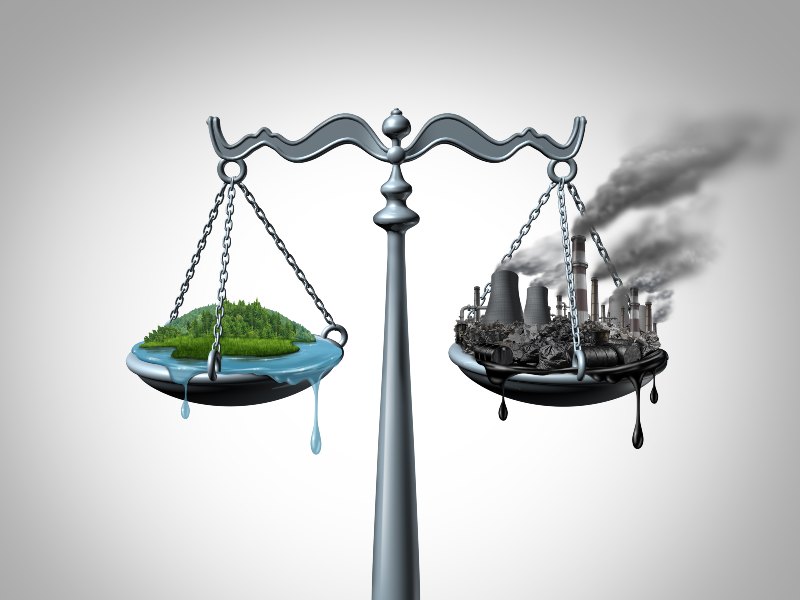 Image credit: lightwise@123rf.com
Image credit: lightwise@123rf.com
A recently released report by the International Renewable Energy Agency (IRENA) offers a transition framework for the diverse African continent.
The report titled, Renewable Energy Market Analysis: Africa and its Regions addresses the efforts that must be made to build modern, resilient and sustainable energy systems across the continent to avoid trapping economies and societies in increasingly obsolete energy systems that burden them with stranded assets and limited economic prospects.
The report proposes a calibrated energy transition framework for the African continent and its five regions to help policymakers identify, prepare and foster the virtuous relationship between the energy transition and overall development.
Africa is extraordinarily diverse, and no single approach will advance its energy future, however, an energy system centred on renewable energy can help resolve many of Africa’s social, economic, health and environmental challenges.
According to the IRENA report, a profound energy transition is not only feasible, but it is also essential for a climate-safe future in which sustainable development prerogatives are met. Renewables are therefore key to overcoming energy poverty, providing needed energy services without damaging human health or ecosystems, and enabling a transformation of economies in support of development and industrialisation.
The report developed in collaboration with the African Development Bank (AfDB) sets out the opportunities at hand, while also acknowledging the challenges Africa faces. It lays out a pathway to a renewables-based energy system and shows that the transition promises substantial gains in GDP, employment, and human welfare in each region of the continent.
The report noted that only 2% of global investments in renewable energy in the last two decades were made in Africa, with significant regional disparities. As a result, Less than 3% of global renewables jobs are in Africa. Shockingly, in sub-Saharan Africa, the electrification rate was static at 46% in 2019 with 906 million people still lacking access to clean cooking fuels and technologies
However, the report did not fail to mention that Africa has vast resource potential in wind, solar, hydro, and geothermal energy and falling costs are increasingly bringing renewables within reach.
Central and Southern Africa have abundant mineral resources essential to the production of electric batteries, wind turbines, and other low-carbon technologies. In the last decade, though there is plenty of room for sustainable development, renewable energy deployment has grown, with more than 26GW of renewables-based generation capacity added, the largest of which were additions in solar energy.
The average annual investments in renewable energy grew ten-fold from less than $0.5 billion in the 2000-2009 period to $5 billion in 2010-2020. Distributed renewable energy solutions, including stand-alone systems and mini-grids, are playing a steadily growing role in expanding electricity access in off-grid areas and strengthening supply in already connected areas.
Despite the difficult shift away from carbon-intensive energy sources, the energy transition – when accompanied by an appropriate policy basket – holds huge promise for Africa, says the report. The energy transition under IRENA’s 1.5°C Scenario pathway predicts 6.4% higher GDP, 3.5% higher economy-wide jobs and a 25.4% higher welfare index than that realised under current plans, on average up to 2050.
The findings suggest that the jobs created in the renewable energy transition will outweigh those lost by moving away from traditional energy. Every million US dollars invested in renewables between 2020 and 2050 would create at least 26 job years. For every million invested in energy efficiency at least 22 job years would be created annually while for energy flexibility, the figure is 18.
For the benefits of the energy transition to materialise, the report recommends that a comprehensive policy package be developed that combines the pursuit of climate and environmental goals, economic development and jobs creation and social equity and welfare for society as a whole.
Lastly, the report recommends strong institutions, international cooperation (including South-South co-operation), and considerable coordination at the regional level.
